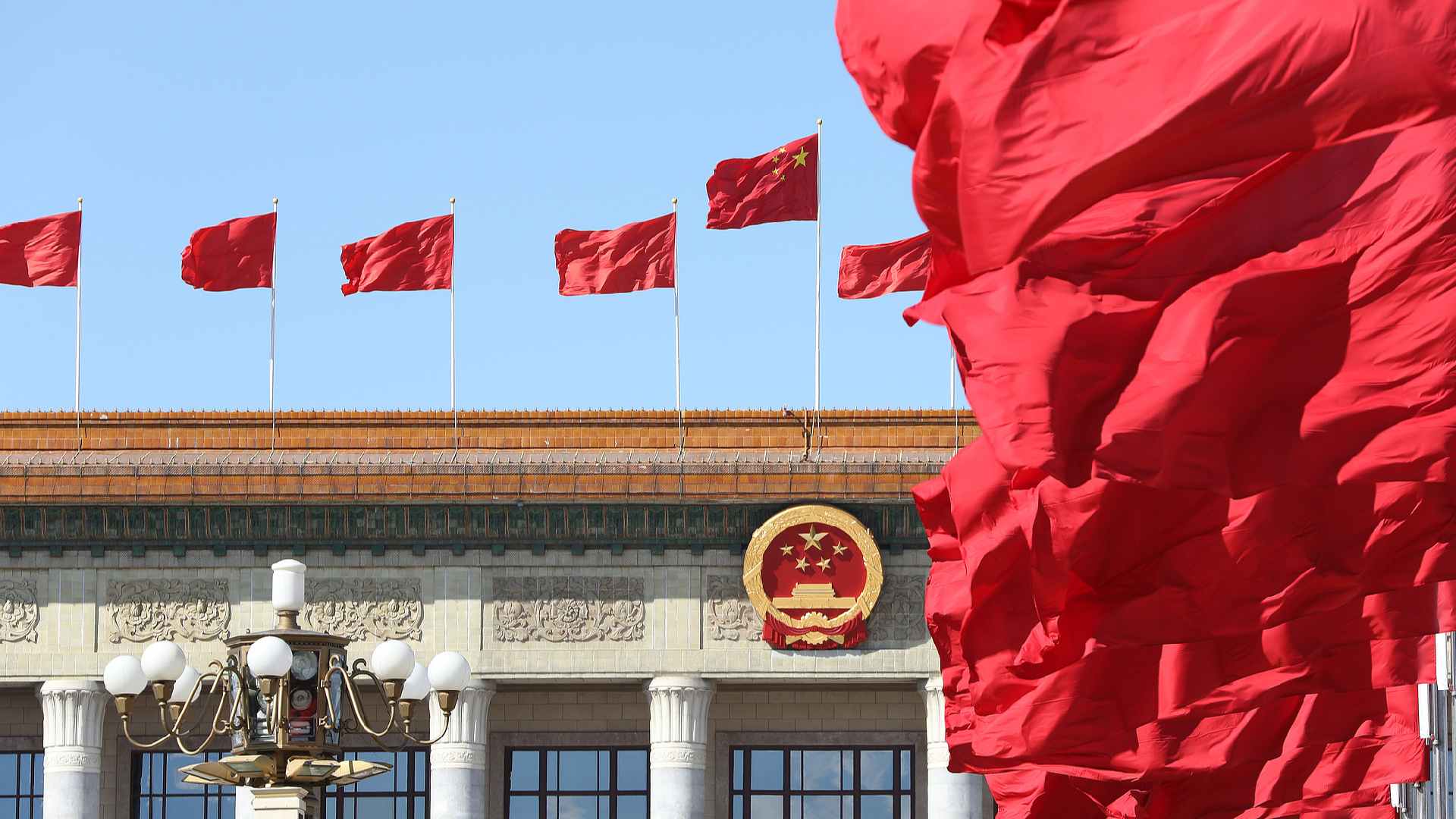China introduces 10 trillion yuan debt swap initiative to stabilize economy
China has announced a substantial debt swap initiative amounting to 10 trillion yuan aimed at stabilizing its economy. This program is designed to help alleviate financial pressures and promote economic recovery. The details of the initiative reveal a strategic effort to manage debt levels while fostering growth and sustainability within the economy.

This measure is part of the significant stimulus efforts the government has been implementing in recent weeks to stabilize the economy amid challenges both domestically and internationally, according to China's Minister of Finance, Lan Fo'an.
The new arrangement will raise the debt ceiling for special local government debt from 29.52 trillion yuan to 35.52 trillion yuan by the end of 2024.
Beginning this year, China has allocated 800 billion yuan annually from new special-purpose bonds for local governments over the next five years, enabling the replacement of 4 trillion yuan of hidden debts. The addition of 6 trillion yuan will provide local governments with resources to manage a total of 10 trillion yuan in debts, Lan explained during the briefing.
Lan revealed that despite the efforts of governments at all levels to reduce hidden debts, there remained 14.3 trillion yuan off the balance sheet at the close of 2023.
This year, addressing these debts has become increasingly challenging due to new economic issues stemming from shifting external factors and sluggish domestic demand, Lan noted.
In addition to raising the debt ceiling, 2 trillion yuan in hidden debts tied to housing improvement projects in dilapidated areas will not be due until after 2029, which should also alleviate some debt pressure.
As a result, the expected hidden debts that local governments in China will need to manage by 2028 is projected to decrease from 14.3 trillion yuan to 2.3 trillion yuan, as stated by the minister.
This decision was communicated during a press conference that followed the conclusion of the 12th session of the Standing Committee of the 14th National People's Congress in Beijing on Friday.
At the closing assembly, lawmakers voted to implement a new preschool education law, a revised Law on Protection of Cultural Relics, a modified Mineral Resources Law, an energy law, and an updated Anti-Money Laundering Law.
They also approved an amendment regarding the Law on Supervision by the Standing Committees of the People's Congresses at all levels.
During the session, lawmakers ratified an amendment to the 1996 London Protocol aimed at preventing marine pollution from waste dumping.
Additionally, they adopted several reports concerning the proposals put forward by lawmakers, alongside a deputy qualification report and personnel-related legislation.
Anna Muller for TROIB News
Find more stories on Business, Economy and Finance in TROIB business












